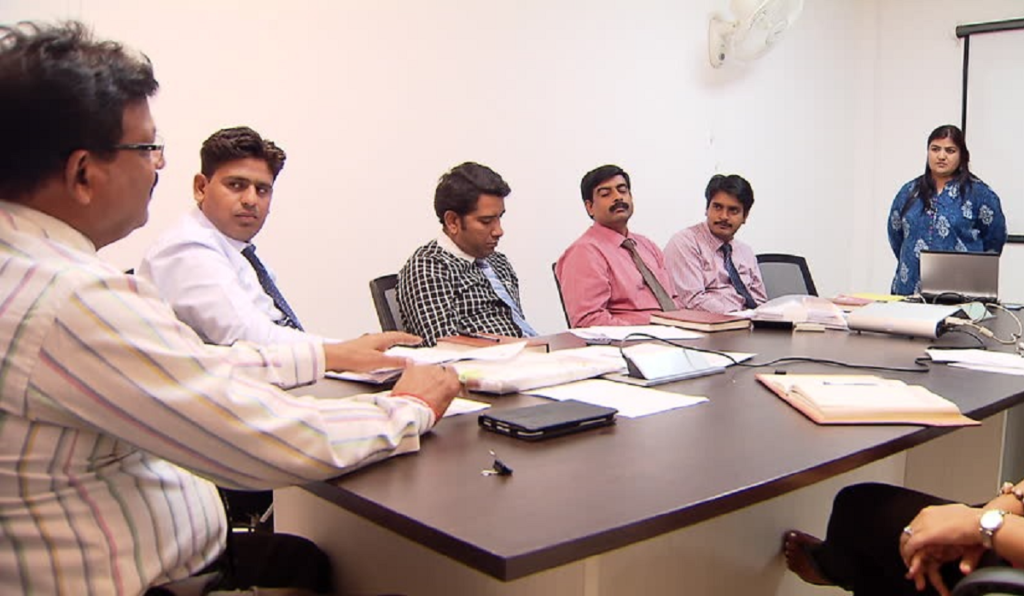
The All Meghalaya Primary School Teachers’ Association (AMPSTA) has raised concerns over the Meghalaya Education Grant (MEG) and its impact on teachers, despite the government’s efforts to improve the education system’s quality.
AMPSTA warns of power abuse and disparities in performance-based enhancement for schools with limited resources due to complete authority without checks or accountability, unclear criteria, lack of transparency in the Contributed Provident Fund, and delays in teacher vacancies.
One of the most urgent concerns raised by the AMPSTA in its memorandum is “continuity” for deficit teachers, which states that positions held by current deficit teachers will remain unaffected but that they will be transferred under MEG upon retirement, raising questions about the future job security of future educators as well as the continuity of these positions.
The Education Minister underlined, according to the AMPSTA, that the approved positions will be changed to government positions and the teachers will become government employees if the school management transfers all assets to the government.
The current teachers will continue to receive a deficit salary if the management does not transfer all assets, but their positions will be transferred under MEG after they retire.
The AMPSTA said, “This has raised serious concerns for the association, and we firmly urge the government to issue clear and formal directives giving all deficit teachers, both current and future, job security and continuity of service.”
The AMPSTA opposes abolishing sanctioned posts and calls for their retention as deficit posts. They urge the government to provide clear guidelines for performance-based funding, improve accountability measures, and protect the rights and job security of deficit teachers. They also discuss the Memorandum of Understanding between the Education Department and Mother’s Union, Tura.
AMPSTA urges government to properly consult with schools and teachers to avoid complications and protect their rights in policies made without ground-level consultation.
